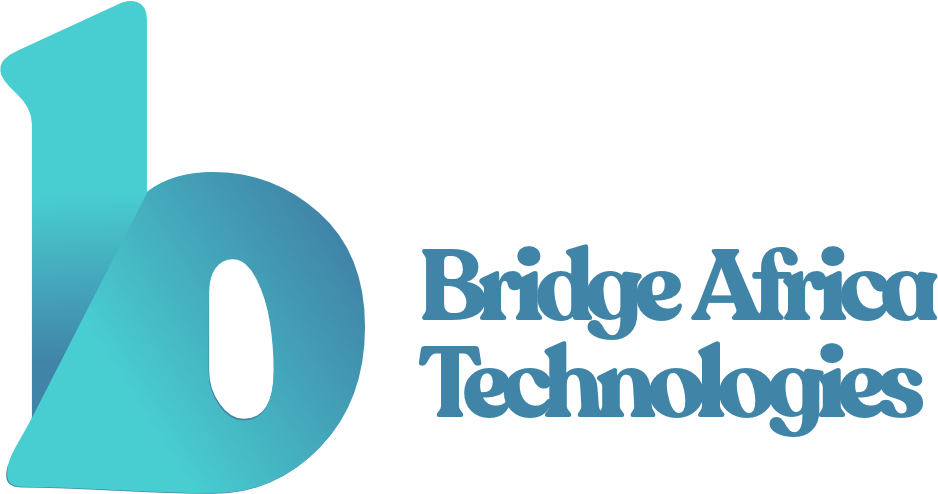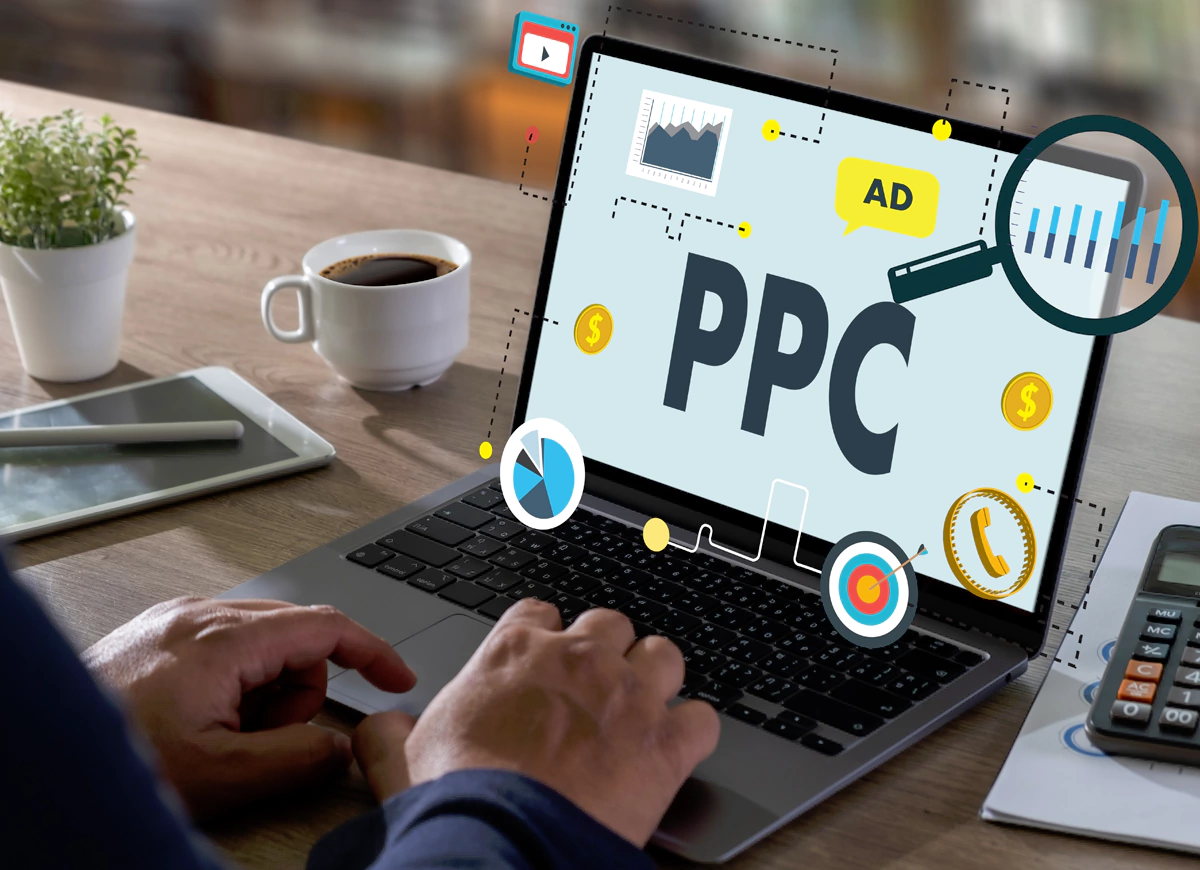Ever heard of Pay Per Click Tools? With the current digital era, every business must have a robust web presence to expand. There are numerous effective ways of doing so, and Pay Per Click (PPC) advertising is one of the best.
But it is time-consuming to keep a well-oiled PPC campaign, especially for hectic digital marketing multi-taskers. That is where Pay Per Click Tools come in – to make your processes easy, advertise with maximum efficiency, and most importantly, boost conversions.
As a digital marketer, you know how important PPC advertising is. But with so many Pay Per Click Tools for Digital Marketers out there, it’s difficult to choose which ones will help you get the job done.
In this article, we’ll discuss the top 8 must-have PPC tools that can drive your digital marketing campaigns to the next level.
From keyword research to ad optimization, all of these activities will be simplified for you to build, run, and optimize your Pay Per Click campaigns.
Table of Contents
What are Pay Per Click Tools?
Pay Per Click (PPC) Tools are software programs that help digital marketers with managing, optimizing, and automating their Pay Per Click ad campaigns.
PPC advertising is advertising in which the advertisers pay per click by each user on their web ad.
PPC tools guide their development, maintenance, and optimization towards optimal return on investment (ROI).
Read Also – How to Create an Impressive Digital Marketing Resume ( With Examples)
Essential Pay Per Click Features for Digital Marketers
Digital marketers’ essential features for Pay-Per-Click (PPC) tools ought to encompass automation, enhancing campaigns, and giving measurable output.
Essential features are discussed in detail below:
- Keyword Planning and Research: The ability to research and choose proper keywords, phrases, and subjects to target.
- Ad Creativity and Optimisation: Ability to compose, design, and optimise advertisement copy, pictures, and touchdown pages.
- Bid Management: Systematic bid administration to boost spending on advertisements, gain more conversions, and deliver better ROI.
- Ad Scheduling: Ability to schedule advertisements in order to present at a time, date, and frequency of choice.
- Targeting Options: Targeting facilities to reach intended user segments along demographic, interest, behaviour, and location categories.
- Performance Measurement: Ability to report on ad performance in real-time, i.e., clicks, conversions, and ROI.
- A/B Testing: Ability to test various iterations of an ad, i.e., ad copy, images, and landing pages.
- Conversion Measurement: Ability to track and measure conversions, i.e., form completions, transactions, and telephone calls.
- Budgeting and Control of Expenditure: Ability to authorise and control budgets, expenditure, and prevention from overspending.
- Integration with Other Tools: Support for integration with other web marketing tools such as Google Analytics and CRM software packages.
All these necessary features enable online marketers to construct, manage, and optimize effective PPC campaigns with the purpose of creating conversions, deriving maximum ROI, and achieving business objectives.
Also Read – Brand Advertising: What Is It and How Does It Work?
What Are the 8 Essential Pay Per Click Tools for Digital Marketers to Consider?
Yes, digital marketers do have a variety of tools to pick from in a bid to optimize their Pay-Per-Click campaigns. Below is an overview of 8 pay per click tools digital marketers can utilize:
1. Google Keyword Planner
This free Google Ads tool is fundamental to keyword research. It allows marketers to discover new keywords regarding their product or service, see search volume, and get bid estimates.
It’s crucial for understanding what terms potential customers are using, and for building effective keyword lists.
Furthermore it gives insights into competition for those keywords, allowing for better budget planning.
2. SEMrush
SEMrush is a comprehensive digital marketing tool suite that offers robust PPC capabilities.
It glows with competitor research, allowing marketers to see the ad strategy, keywords, and ad copy of their competitors. Its keyword research tools provide in-depth information on keyword difficulty, CPC, and search volume.
SEMrush facilitates drilling deep into the competitive field, and helps discover keyword opportunities which were earlier missed.
3. Google Ads Editor
This free downloaded software facilitates bulk edit of Google Ads campaigns. It’s designed to automate the management of large accounts, enabling marketers to edit quickly and efficiently.
This is especially useful in performing bulk changes, for instance, editing bids, ad copy, or keywords, which saves a lot of time.
4. Google Analytics
Google Analytics provides valuable insights into site traffic and user behavior.
By integrating it with Google Ads, marketers can track conversions, analyze landing page quality, and observe how users interact on their site after clicking on an ad.
This allows campaign optimization to occur in a bid to drive more conversions and maximize ROI.
Read Also – How to Become a Successful Digital Marketing Strategist: Full Guide
5. SpyFu
SpyFu is a competitive intelligence tool that is great at revealing competitors’ PPC strategies.
It allows one to see the keywords their competitors are buying, their ad copies, and their presumed ad spends.
It is very useful when searching for competitor strategies, and obtaining insights in order to improve one’s campaigns.
6. Adalysis
Adalysis is a tool that is built specifically for advanced account analysis, and automation. It can provide automated google ads account audits, and provide extremely detailed feedback.
It also contains A/B testing and quality score optimization tools. It helps automate the bulk of the tedious aspects of PPC management.
7. AgencyAnalytics
AgencyAnalytics is a reporting platform that combines data from various marketing channels, including PPC.
It has customisable reports and dashboards, which can be monitored effortlessly for campaign performance and can be shared with clients. It is very suitable for agencies which have many client accounts.
8. Microsoft Advertising Editor
Similar to Google Ads Editor, Microsoft Advertising Editor is a desktop application to bulk edit Microsoft Advertising campaigns.
It makes it easier to manage campaigns on the Microsoft advertising platform. It offers the same type of bulk editing as google ads editor, but for the microsoft advertising platform.
Read Also – 8 Effective Digital Marketing Strategies for IT Companies
What Are the Benefits of Using Pay Per Click Tools for Digital Marketers?
Pay-per-click (PPC) software offers a wealth of benefits for online marketers, enabling them to achieve targeted and measurable outcomes.1 Here’s a rundown of the most significant benefits:
Targeted Advertising
- PPC allows for specific targeting of preferred demographics, interests, and locations, ensuring ads are seen by the most appropriate audience.
- This level of targeting maximizes the effectiveness of ad spend through targeting potential customers.
Measurable Results
- PPC campaigns also provide accurate data and analytics, enabling marketers to track key metrics such as clicks, impressions, conversions, and ROI.
- Based on this data-driven approach, optimization and improvement of campaigns can be performed on a continuous basis.
Instant Results
- Unlike organic search engine optimization (SEO), which may take some time before providing results, PPC campaigns possess the ability to drive instant traffic to websites.
- PPC is therefore ideal for timely promotions and campaigns.
Budget Management:
- Advertisers have complete control over their ad budget, with the option to set daily or monthly budgets and modify bids in response.
- It is thereby possible for businesses of all sizes to participate in PPC advertising.
Increased Brand Visibility
- PPC advertisements can create brand awareness by placing the ads in high visibility positions on search engine result pages and other websites.
- Even when the users do not click, they are presented with the brand anyway.
Flexibility and Testing
- PPC platforms allow easy testing of different ad creatives, keywords, and targeting options.
- It allows marketers to identify the strongest strategies and optimize their campaigns to perform optimally.
Ability to Respond to Market Change Quickly
- PPC campaigns can be started and changed very quickly, making it possible to respond quickly to changes in the market, or a competitor’s action.
Complementary to SEO
- While PPC is instant in results, PPC may also be applied together with SEO to build an integrated digital marketing strategy.
- PPC may provide feedback on effective keywords, which may then be utilized to boost SEO campaigns.
Essentially, PPC tools allow digital marketers to implement very targeted, quantifiable, and flexible advertisement campaigns, driving traffic and achieving their business goals.
Also Read – How to Start Email Marketing in Nigeria in 2025
How Do You Choose the Right Pay Per Click Tools for Your Business?
Choosing the right Pay Per Click (PPC) Tools for your business can be overwhelming, but here are some steps you can take to make the best possible decision:
1. Define Your Goals: Decide what you want to achieve through your PPC campaigns. Do you need more conversions, more brand awareness, or more traffic to your website?
2. Gauge Your Needs: Think about business size, budget, and existing workflow. Do you need integrated software for other marketing tools?
3. Research and Compare: Find PPC software that suits your needs and requirements the most. Compare customer reviews, price, and ease of use.
4. Keep the Following Points in Mind:
- Ease of use: Is it convenient and simple to use?
- Features: Does the tool have the features that you need, such as keyword research, ad setup, and bid management?
- Integration: Does the tool allow integration with other marketing tools, such as Google Analytics?
- Support: What type of support does the tool offer, such as customer support, tutorials, and training?
- Pricing: How much does the tool cost, and are there additional charges?
5. Test and Evaluate: Shortlist your options and try the tools to understand how effectively they work.
6. Read Reviews and Seek Recommendations: Read reviews and ask for recommendations from users, peers, or experts in the industry.
Do all of the above, and you can select the best Pay Per Click Tools for your company and achieve successful PPC campaigns with conversions and better ROI.
Frequently Asked Questions
Why do I need Pay Per Click tools for my internet advertising campaigns?
Pay Per Click tools help you refine your process, improve ad quality and maximize ROI. Pay Per Click tools also provide you with valuable insights on campaign performance and allow you to make sound judgments.
How much does PPC tools cost?
The prices of PPC tools differ by tool, functionality, and subscription package. Some have free trials, while others require being subscribed to on a monthly or annual basis.
Are PPC tools effective for social media advertising?
Yes, there are PPC tools that are effective in dealing with social media ads like Facebook, Instagram, LinkedIn, and Twitter.
How do PPC tools optimize ads?
PPC tools make it easier to optimize ads with features such as A/B testing, ad rotation, and performance monitoring. Through the features, you learn what you should change and how to optimize your ads to be more productive.
Can I utilize PPC tools for e-commerce businesses?
You can utilize PPC tools for e-commerce businesses to optimize and promote product listing ads, shopping campaigns, and other e-commerce ads.
Conclusions
By having the correct Pay Per Click Tools, you can come a long way in assisting the performance of your PPC campaign. Through such required tools, digital marketers have been able to automate ads, workflow optimization, and thus boost conversions.
By having such information and automations that are included in such Pay Per Click Tools for Digital Marketers, you are able to optimize your PPC campaigns and achieve your digital marketing objectives.

